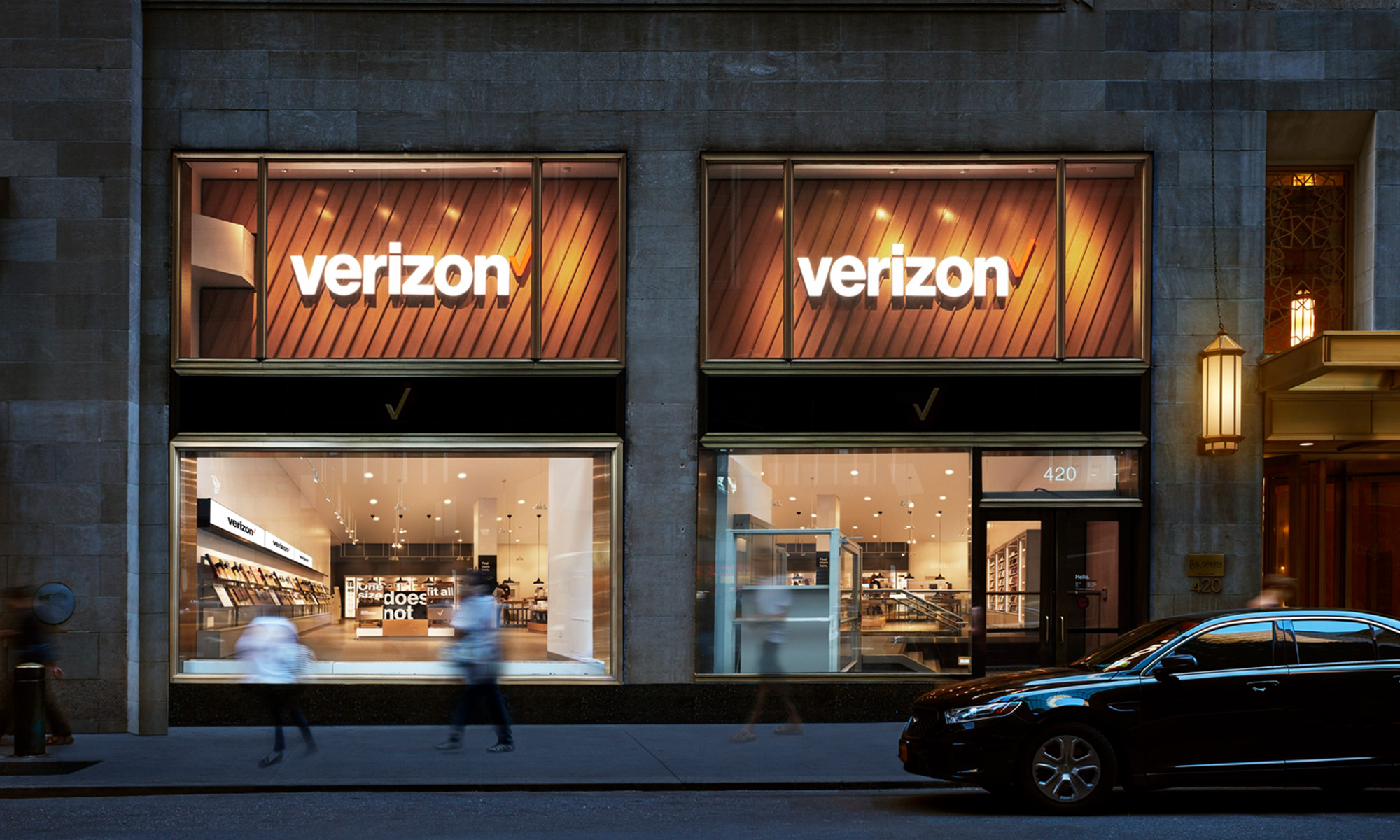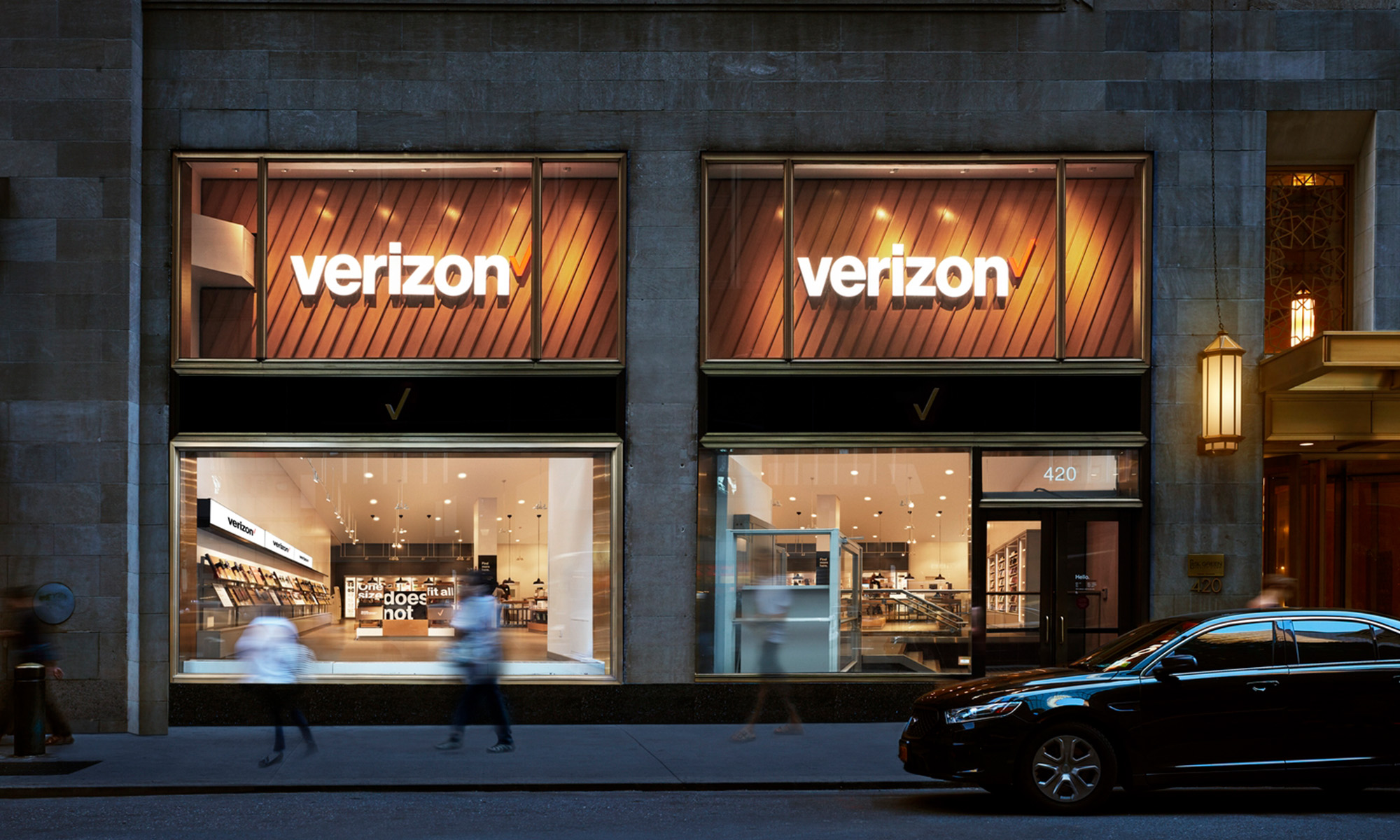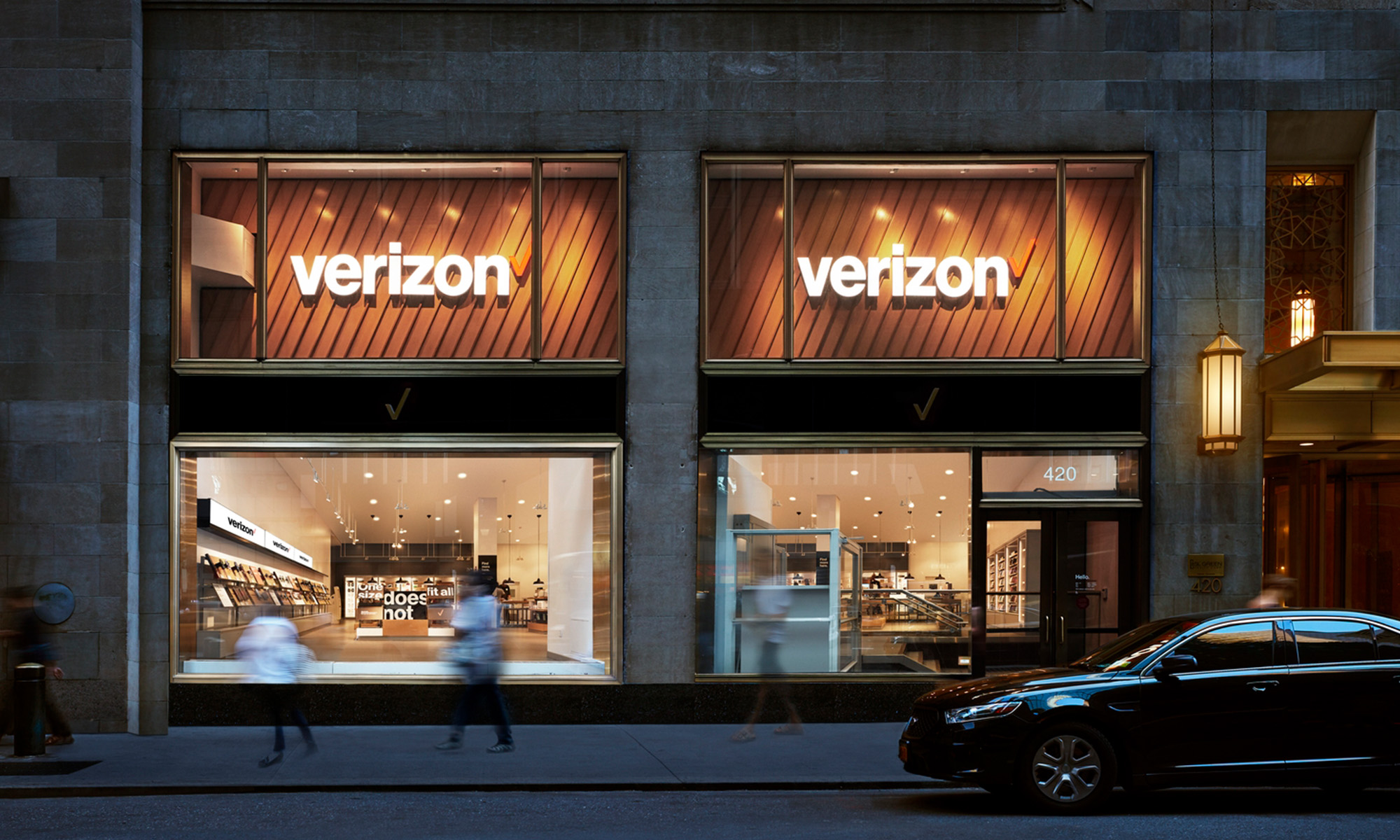Verizon (VZ +0.42%) investors probably know that the telecom giant evolved from the AT&T's (T +0.34%) forced divestment of the Bell Operating Companies in the 1980s. Bell Atlantic, one of the seven "Baby Bells", merged with a few other Bells to become "Verizon" -- a portmanteau of veritas (Latin for "truth") and horizon -- in 2000.
Verizon subsequently became the largest wireless carrier in the U.S. Over the past two years, it dramatically reduced its wireline presence, shuttered its public cloud business, and aggressively expanded into the online media space by gobbling up AOL and Yahoo's internet businesses.

Source: Getty.
Today, let's examine five lesser-known facts about Verizon which might change your overall perception of the evolving telecom company.
1. It paid $130 billion to take over Verizon Wireless
Newer investors might think that Verizon always owned Verizon Wireless. However, that business was actually founded as a joint venture between Verizon and British telco Vodafone (VOD +1.77%) in 1999.
In 2014, Verizon paid a whopping $130 billion to acquire Vodafone's 45% stake. However, that buyout increased Verizon's debt, reduced its free cash flow, and doubled its exposure to the saturated wireless market. Last quarter, Verizon posted its first-ever decline in wireless subscribers -- making the intelligence of that deal seem questionable.
2. It's expanding into the IoT market and drones
To offset that softness, Verizon is investing in the Internet of Things (IoT) market. Verizon's IoT business generated nearly $1 billion in revenue last year, a drop in the pond relative to its total revenue of $126 billion, but still an indication that it's reaching drones, connected cars, wearables, and other IoT gadgets.
In the drone market, Verizon developed new long-range autonomous drone applications with Sierra Wireless and American Aerospace Technologies, a drone monitoring partnership with NASA, and launched its new ThingSpace IoT platform for connected devices. It also acquired Skyward, a drone management start-up, earlier this year. That start-up makes a suite of tools for tracking drones, handling pilot records, and organizing administrative paperwork.
3. It wants to control fleets of cars
That's also why Verizon acquired Telogis -- a developer of cloud-based telematics, compliance, and navigation systems used by major automakers and telcos -- last year. That purchase helps Verizon connect to vehicle fleets and gather data from their routes. It also enhances its own Verizon Telematics business, which is used in over 40 countries.
Verizon also previously launched Hum, a two-piece hardware system which connects any old car manufactured since 1996 to Verizon's network. Hum also adds diagnostics and telematics functions to the tethered mobile app, which essentially turns any car into a "connected" one.
Those moves lay down the foundations for fully autonomous drones and cars to travel across Verizon's wireless networks in the near future -- which could cause widespread paradigm shifts across multiple industries.
4. Verizon supports rules that could help Google Fiber
AT&T and Comcast (CMCSA 0.54%) have repeatedly opposed "One Touch Make Ready" rules, which allow ISPs to attach their own wires on utility poles themselves without waiting for other providers to move their own. Alphabet's (GOOG +1.88%) (GOOGL +1.72%) Google, which is expanding its Fiber network nationwide, claims that AT&T and Comcast aren't violating the rules by refusing to move their wires to make room for Google Fiber's.
Verizon also supports the enforcement of those rules, because it plans to roll out a lot of new fiber to support its wireless network in the near future. In a blog post and FCC filing, Verizon complains that it takes "six months to a year" and "piles of paperwork" to get a new attachment approved and placed on a pole. If the FCC sides with Verizon over AT&T and Comcast, Google Fiber might experience an unexpected growth spurt.
5. It's a deeply conservative company
In a previous article, I discussed how Starbucks' (SBUX 0.23%) liberal statements often antagonized conservative customers -- yet had no long-term impact on its revenue growth. On the other side of that coin is Verizon, with its staunchly conservative views often casting a shadow over its core businesses.
Back in 2007, Verizon blocked text messages from a pro-choice group. In 2009, it sponsored a controversial climate change denier rally organized by a pro-coal group in West Virginia. Three years ago, it killed off its own fledgling tech news site, Sugarstring, reportedly because it published too many stories on net neutrality and surveillance -- both hot button topics for its parent company.
The key takeaways
Verizon's near-term future still relies heavily on the expansion of its wireless customer base and its ability to digest AOL and Yahoo's online business. However, the financial impact of the Vodafone deal can still be felt today, its expansion into new IoT markets can reduce its dependence on smartphones, and the enforcement of "One Touch Make Ready" rules could help it expand its wireless infrastructure to meet next-gen 5G needs.











